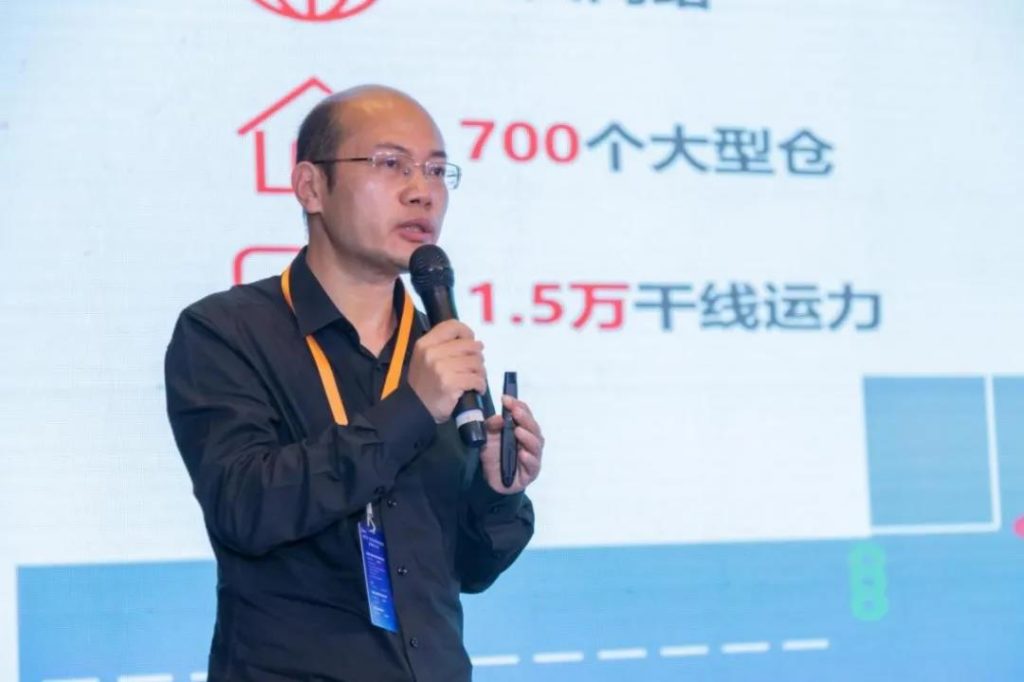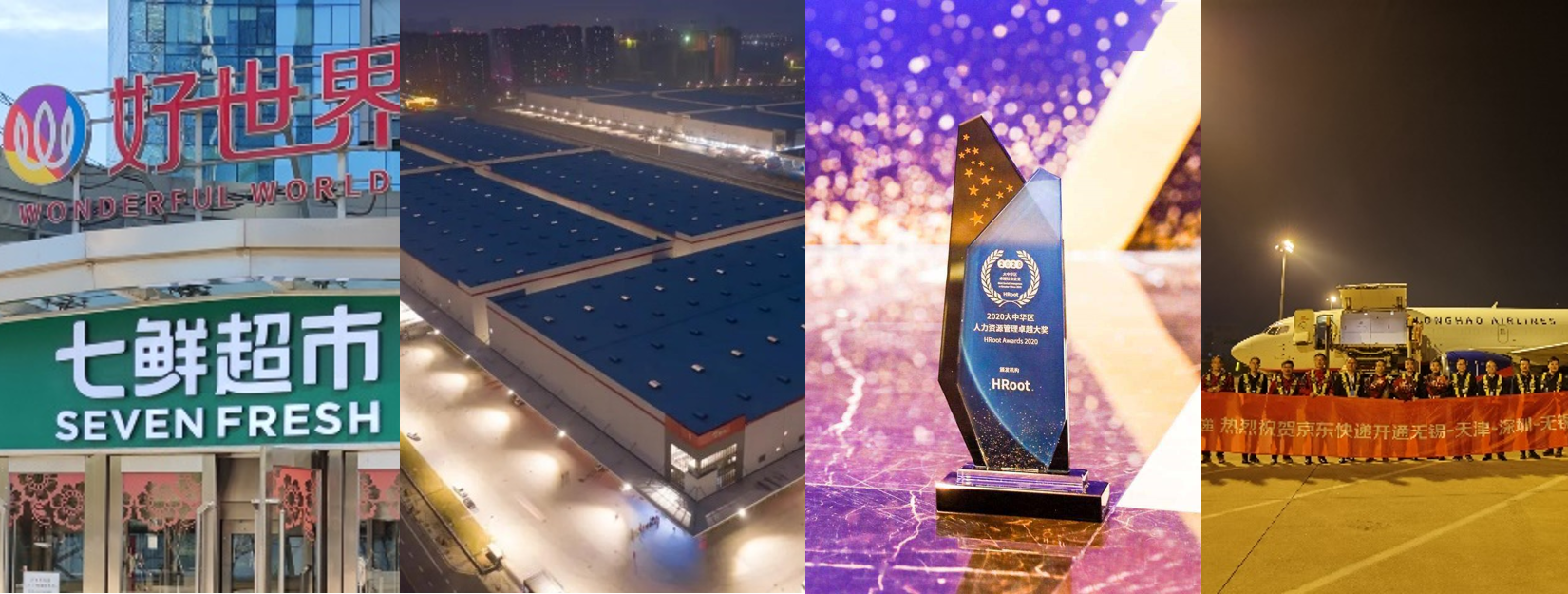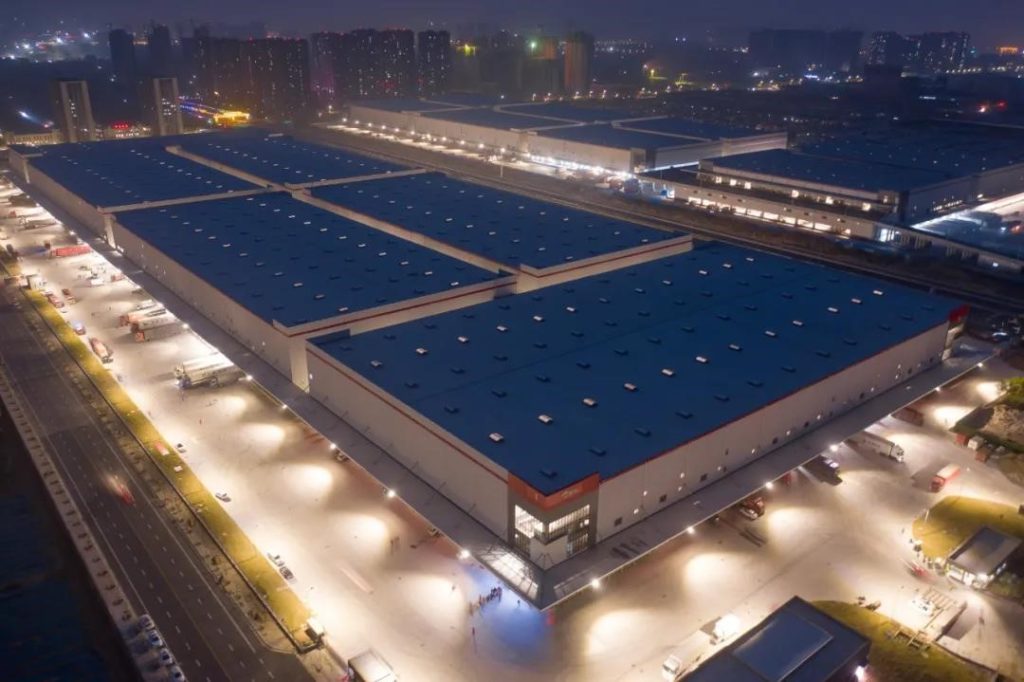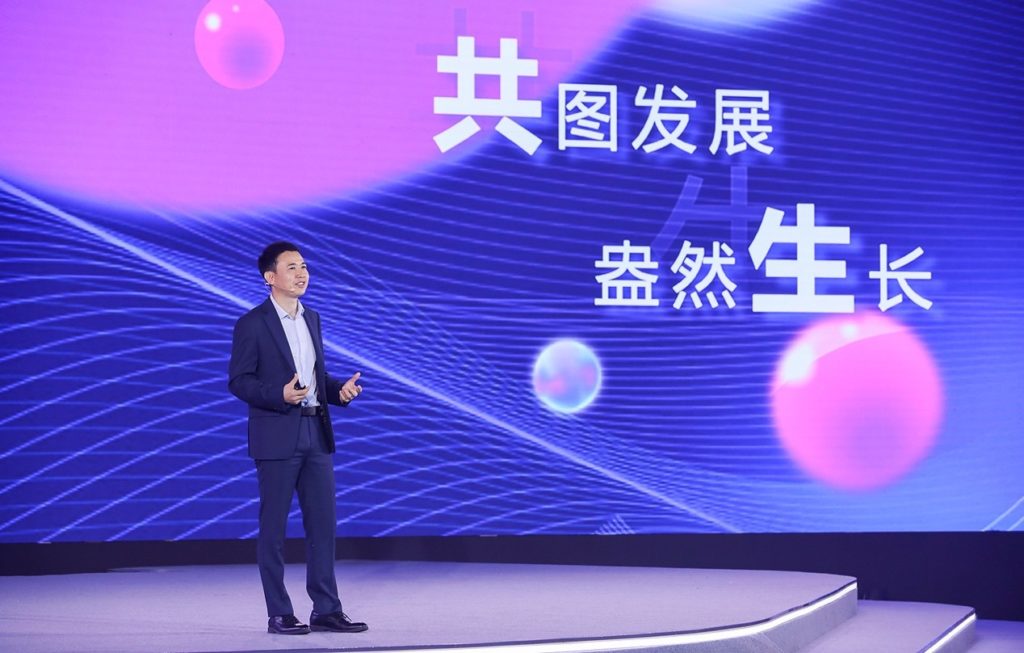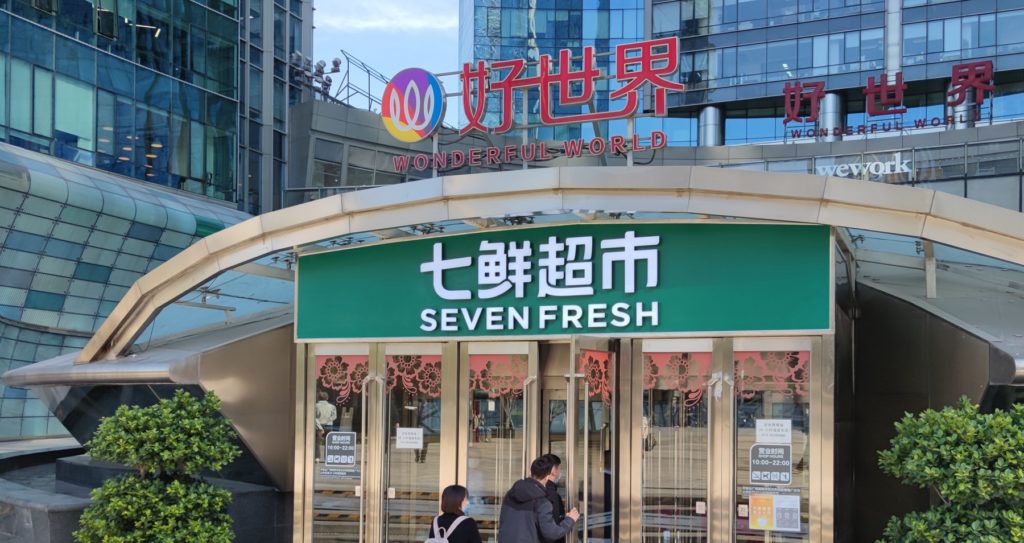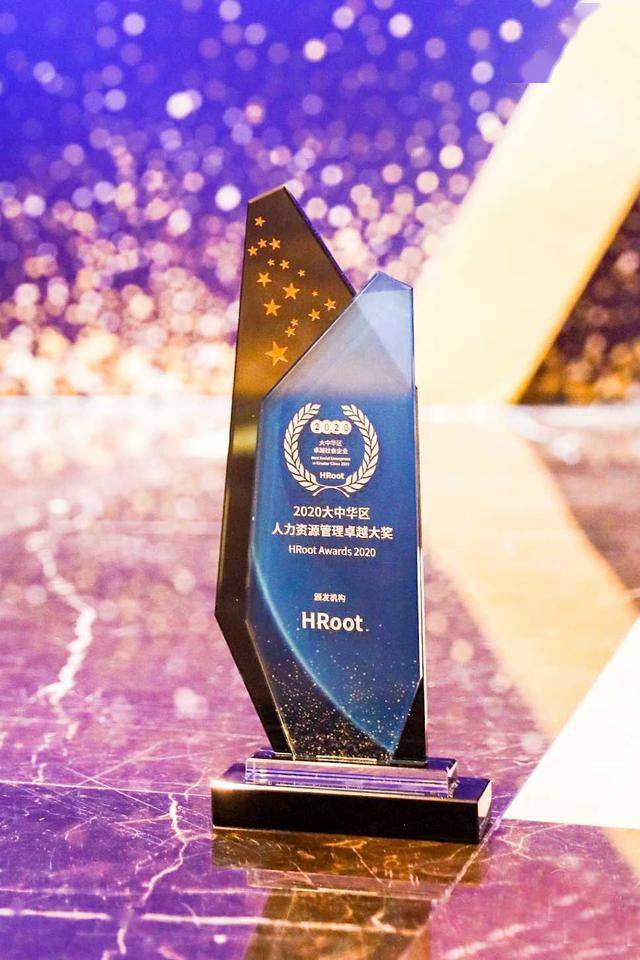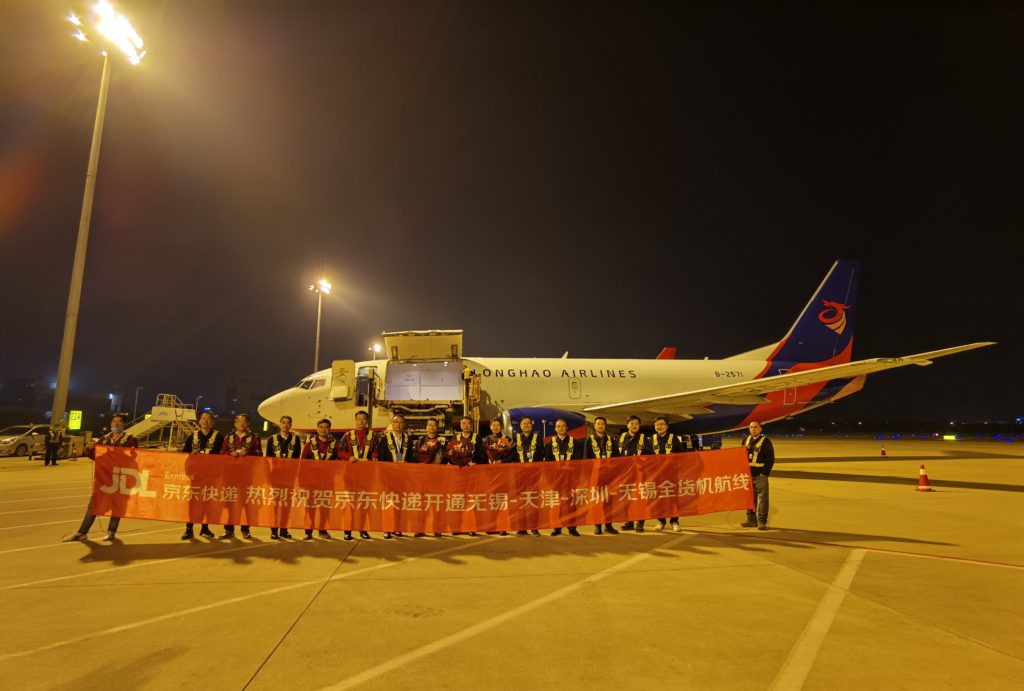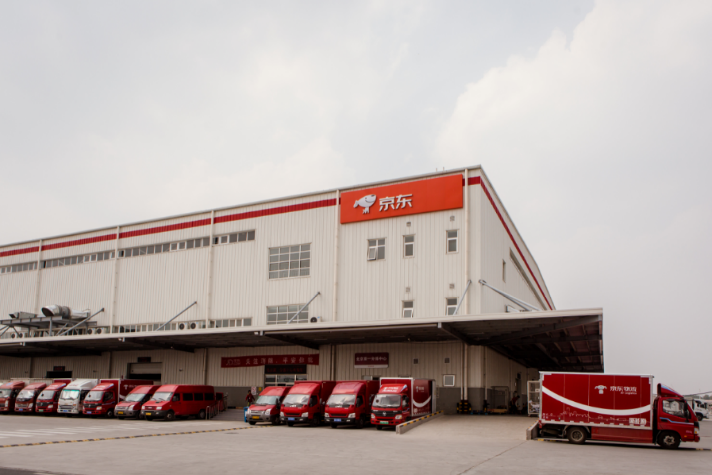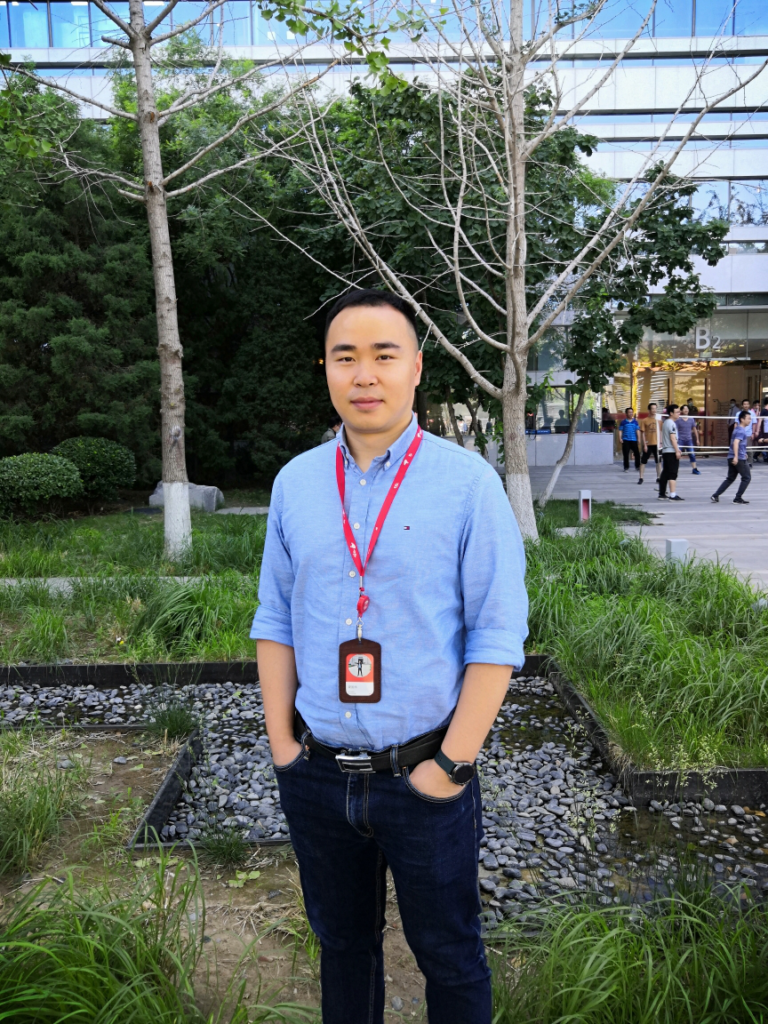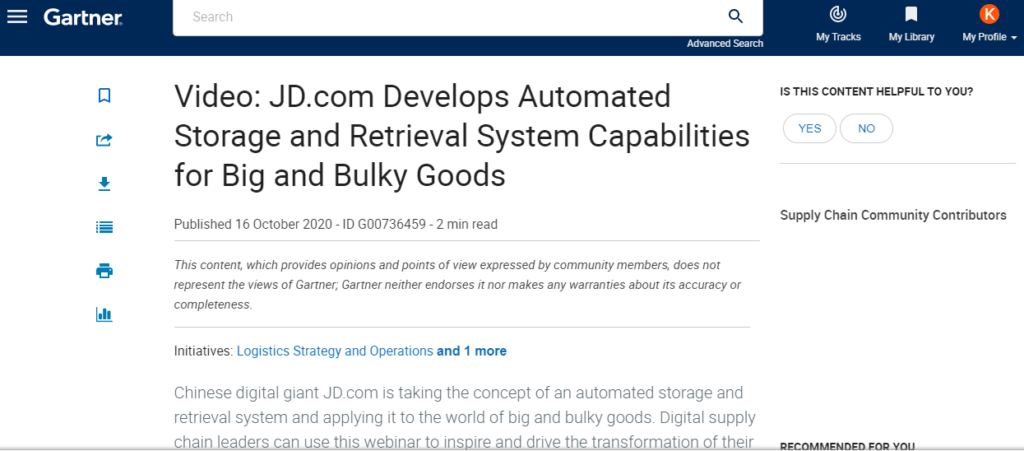by Hui Zhang
Telemedicine has been thrust into spotlight since the outbreak of COVID-19 in China to cope with the unprecedented demands for healthcare resources. The pandemic helped drive Chinese consumer behavior changes and accelerated the digitalization of healthcare industry. JD Health, as one of the major players of healthcare industry, embraced the change and empowered its partners through omnichannel solutions, lower-tier cities penetration, and integrating medical services with products to bring easy access to patients.
Omnichannel Solution
JD Health has retail and wholesale businesses covering pharmaceuticals, medical devices, and other healthcare products, both online and offline. The omnichannel solution is aimed at fulfilling consumers’ increasing healthcare consumption needs anytime and anywhere.
For example, JD Health worked with offline medical institutions and pharmacies to provide customers with a one-stop service experience that covers online medical consultation with Traditional Chinese Medicine doctors, filling prescriptions, preparing herbal decoctions and delivering the medicines to customers’ homes.
Through cooperation with offline pharmacies, JD Health developed an omnichannel medicine delivery service to help pharmacies benefit financially, while providing rapid drug delivery services to patients. The service now covers more than 200 cities across China. Consumers can place orders in nearby pharmacies through the service based on their locations, and the drugs are guaranteed to be delivered in 30 minutes. Additionally, JD Health also provides convenient medical services to consumers through JD’s offline self-managed pharmacies, offline pharmacies in partnership with JD Health and drug vending machines.
As of June 2020, there were more than 9,000 third-party merchants on JD Health, providing consumers with a wide range of medical product categories – complementing its first party business.
Empowering Lower-tier Cities
Pharmacies in China’s rural areas account for over 93% of the total number of medical institutions in China. However, problems such as an inefficient medical supply chain and chaotic procurement channels can result in drug shortages and expired drugs, making it difficult to guarantee drug safety for people living in rural areas.
To address the situation, JD health empowers rural offline pharmacies through its B2B business platform- JD Medicine Procurement to improve the circulation efficiency of traditional channels, and increase the transparency of information.
As one of China’s large-scale third-party pharmaceutical wholesale platforms, JD Medicine Procurement facilitates the digitalization of rural clinics by offering offline pharmacies with intelligent marketing tools, enriching healthcare product categories including medical devices, and trainings to physicians, thus ensuring drug safety and price stability to people living in rural areas.
Integrating Medical Services with Products
As one of the fastest-growing internet healthcare platforms in China, JD Internet hospital is already contracted with over 65,000 practicing physicians on its platform. Over 80% are of or beyond attending doctor’s level and 62% from AAA hospitals ( the top-tier hospital In China) So far, JD Health has opened 17 specialized medical centers online, including a Respiratory Center, a Diabetes Center, a Hepatology Center, an Oral Care Center and more. The “family doctor” telemedicine services program launched this August is tailored made to provide timely, consistent and comprehensive primary healthcare support for Chinese families. It targets serving over 50 million Chinese families in the next five years.
Consumers of JD Health’s retail business who have been attracted by a variety of drug brands, high-quality products and effective consumer experiences are willing to try healthcare services on the platform, including online medical consultations. Likewise, online healthcare services provide a superior experience, thereby attracting consumers to other healthcare management services on the platform, such as chronic disease management and family doctor services.
“ ‘Internet + Healthcare’ is reshaping the industry and provides us immense opportunities to work with our partners so as to construct a win-win healthcare ecosystem,” said Lijun Xin, CEO of JD Health.
JD Health held its partners conference on October 29th in Chengdu, and announced that the company will provide a digitization-driven full-user lifecycle and scenario health management platform with supply chain as the core, and medical services as the starting point.





